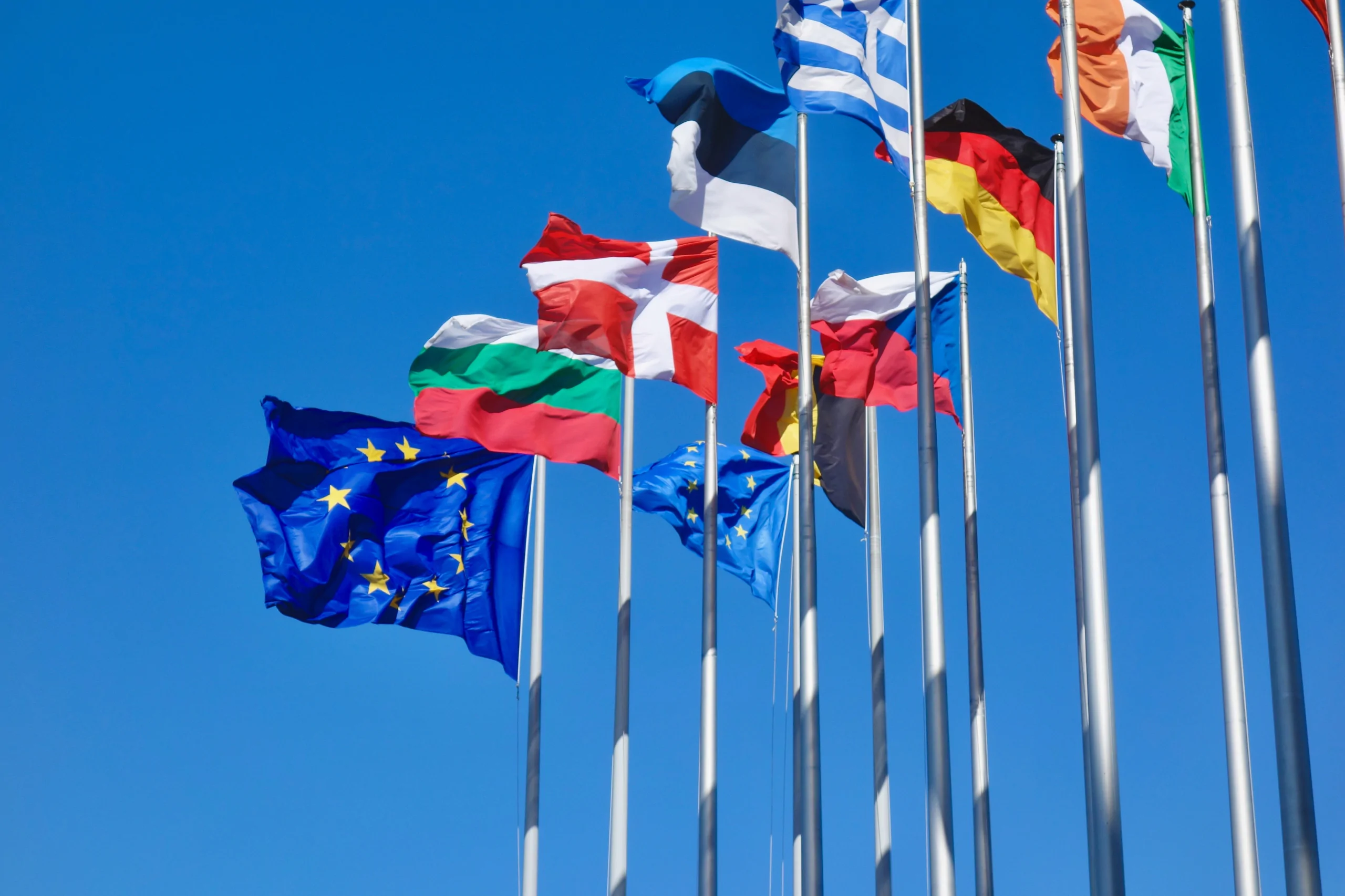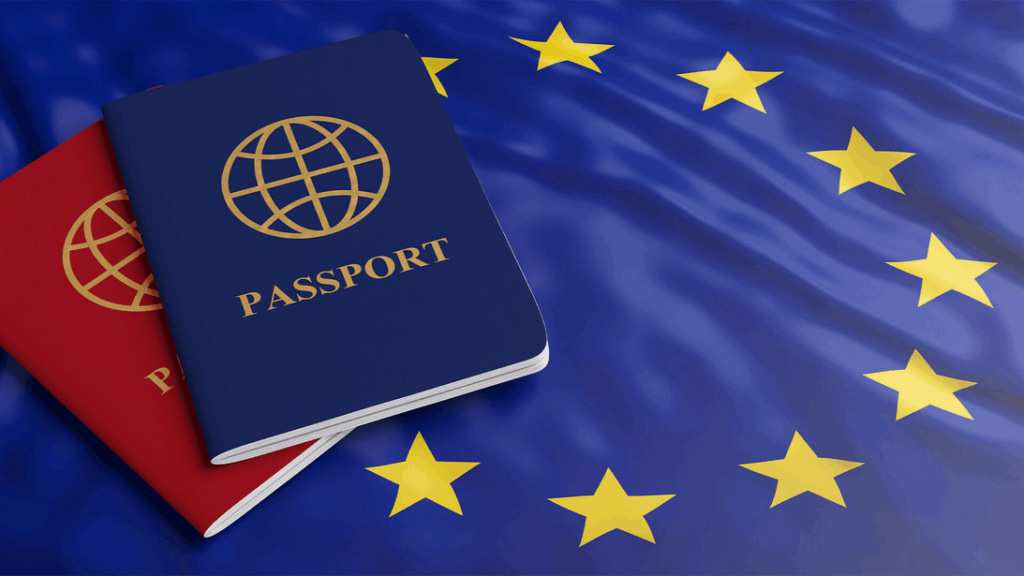Polaron Citizenship & Immigration helps people confirm their European citizenship by descent, especially those with family roots in Poland, Germany, Italy, the Czech Republic, or Lithuania. For families with European ancestry, obtaining citizenship offers freedom to live, work, and study across the EU, as well as a chance to reconnect with their heritage. Polaron provides full legal and administrative support, allowing clients to complete the entire process remotely – without language difficulties or the need to travel.
Who qualifies and typical eligibility routes
Citizenship by descent is based on the principle of jus sanguinis – the right of blood. It means citizenship is inherited from an ancestor who held it and did not lose it before passing it to the next generation.
Typical routes include:
- A parent, grandparent or earlier ancestor recorded as a citizen of the target European country
- Evidence that the ancestor retained citizenship at the time relevant national laws require
- Name changes, adoptions or emigration events properly documented to maintain a clear line of descent
Successful cases depend on a clean evidentiary chain that links you to a qualifying ancestor and shows uninterrupted citizenship status under that country’s rules.
Documentation and evidence checklist
Before applying, candidates need a complete set of documents. A simple checklist includes:
- Civil records – birth, marriage and death certificates across generations
- Historical IDs – passports, military papers, residence books, census or church registers
- Proof of legal status – naturalization or non-naturalization records in the country of emigration
- Name-change and spelling variants – official extracts that reconcile differences
- Apostilles and sworn translations – to meet formal submission requirements
Polaron coordinates retrieval, legalization and translation to ensure documents meet the exact standards of the relevant authority.
How Polaron manages the process step-by-step
Polaron’s workflow is designed for clarity and predictability:
- Eligibility triage – a structured review of your family story and any available records
- Scope and strategy – mapping legal routes under the target country’s citizenship law
- Archive research – locating hard-to-find records in local, regional and national archives
- Document preparation – certified copies, apostilles and translations managed end-to-end
- Filing and representation – submission to the competent authority with ongoing case advocacy
- Post-decision support – civil registry entries, ID numbers and guidance on passport issuance
Throughout the process, clients receive status updates and clear expectations on timelines and next steps.

Benefits for families and long-term planning
European citizenship can transform mobility and planning horizons. Beyond visa-free travel, it grants the right to live, work and study across EU member states – a meaningful advantage for students, professionals and retirees alike. Families gain access to public healthcare frameworks where applicable, can qualify for resident tuition rates at universities and can plan intergenerationally since citizenship acquired by descent typically extends to children. For many, the process is both a practical investment and a reconnection with cultural identity.
Why choose Polaron – differentiators that matter
Polaron stands out for combining legal expertise with hands-on archival research and multilingual client service. The firm’s team understand how to reconcile spelling changes, border shifts and historical disruptions that often complicate European records. Clients value the remote-first experience – cases can be managed from anywhere, with clear pricing structures and transparent milestones. For applicants seeking a reliable partner on a complex lineage–based pathway, Polaron offers a disciplined, step-by-step route to confirmation of citizenship and, ultimately, a European passport.



